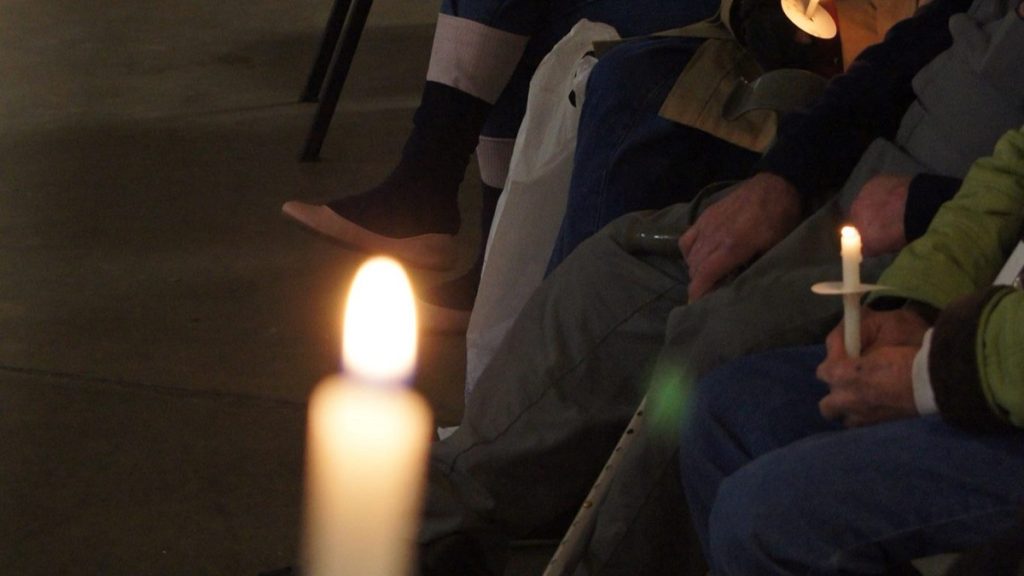
Close
Grief is the anguish experienced after a significant loss, usually, but not always, the death of a loved one. Grief may also take the form of regret for something lost, remorse for something done, or sorrow for a mishap to oneself. Grief is a commonly shared occurrence by those experiencing homelessness. Homelessness is often an experience that is entrenched in grief. A person does not come to experience homelessness without first experiencing the traumatic loss of their housing. Grief Awareness Month provides an opportunity to shed light on the profound grief experienced by individuals facing homelessness, highlighting the need for increased awareness and support for this community.
Aside from the lack of affordable housing, the leading reported causes of homelessness according to the 2023 Point in Time (PIT) Count are loss of income, relationship breakdown, mental health struggles, job loss, and substance use struggles, all of which could be related to great loss. The top four reported factors related to homelessness are unemployment, disabling conditions, incarceration and domestic violence. Each of these experiences come with instances of grief as well. These can often build on top of one another, and a person experiencing homelessness can identify several instances of loss that lead to homelessness. Entering homelessness does not mark the cessation of encounters with loss, and entering into homelessness is often just a continuation of an experience of loss.
A person’s homeless experience can often be defined by a series of events of catastrophic loss. Before a person can even begin experiencing homelessness, they must first lose their homes, their social safety nets, and the lives that they know and are familiar with. Once a person begins experiencing homelessness, they struggle with the loss of their belongings, their access to resources, and their sense of stability and safety. This traumatic loss inevitably leads to grief and can often grow to be complicated grief if left untreated. Compassion, understanding, and access to housing and other much needed resources are necessary to address the hardships, including grief, that affect people experiencing homelessness.

Housing Solutions © 2020. All rights reserved.

